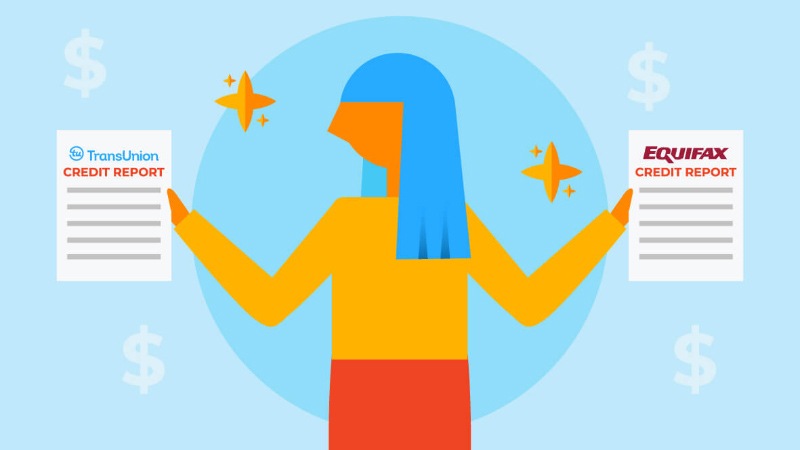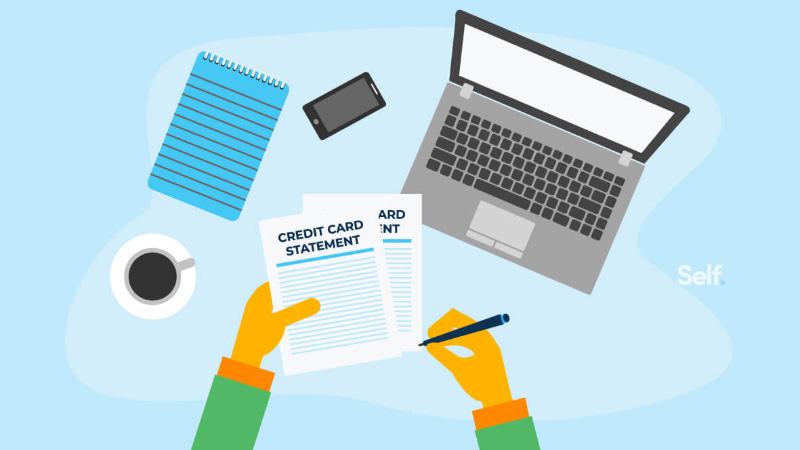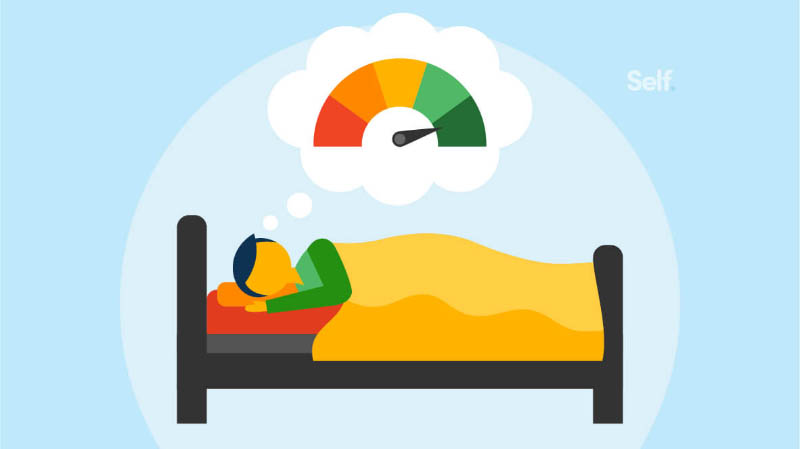Credit Score
 Does Overdraft Protection Affect Credit Score?
Does Overdraft Protection Affect Credit Score?February 22, 2022
If you ever are in the middle of a financial crisis and need quick capital, beware of loan scams. Here is how to check if a loan company is legitimate. Read more.
 What Is Overdraft Protection?
What Is Overdraft Protection?February 22, 2022
If you ever are in the middle of a financial crisis and need quick capital, beware of loan scams. Here is how to check if a loan company is legitimate. Read more.
 Can You Get a Credit Card at 16 Years Old?
Can You Get a Credit Card at 16 Years Old?February 22, 2022
Can you get a credit card at 16? Discover the options available and smart ways to start building credit as a teenager. Read more.
 5 Things to Consider When Adding a New Authorized User
5 Things to Consider When Adding a New Authorized UserFebruary 15, 2022
Thinking of adding an authorized user to your credit account? To help you decide if it's the right thing to do, here are a few things to consider. Read more.
 How Long Do Pending Transactions Take To Post
How Long Do Pending Transactions Take To PostJanuary 27, 2022
We’ll explain what pending transactions are, how long pending transactions take to post, and how to cancel a pending transaction. Read more.
 TransUnion vs. Equifax: Major Differences Explained
TransUnion vs. Equifax: Major Differences ExplainedJanuary 24, 2022
Your credit report is compiled by the three major credit reporting agencies. We’ll cover the differences between TransUnion and Equifax. Read more.
 Statement Balance vs. Current Balance: What’s the Difference?
Statement Balance vs. Current Balance: What’s the Difference?January 7, 2022
Your statement balance reflects your purchases and payments from the last billing cycle, while your current balance is the amount you owe at any given moment. Read more.
 Can You Raise Your Credit Score 100 Points Overnight?
Can You Raise Your Credit Score 100 Points Overnight?December 29, 2021
Raising your credit score will always have benefits. Learn how to raise your credit by 100 points in order to achieve more flexibility from your lenders!
Read more.